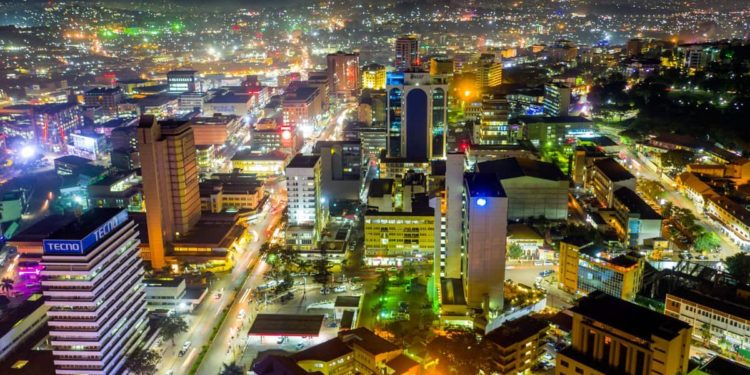The African Union (AU) extraordinary summit set to take place in Kampala from 9th to 11th January 2025 has already proven to be another opportunity for the Ugandan government to display its tone-deaf disregard for ordinary citizens. Hosting over 2,000 delegates from 49 countries at the Speke Resort Munyonyo, this event has become less about agricultural progress and more about inconveniencing the public and inflating the egos of Uganda’s elite.
The government’s obsession with pomp and pageantry is evident in the drastic traffic control measures imposed. By prioritizing summit delegates over the daily lives of Ugandans, the authorities reveal a glaring indifference to the struggles of commuters, traders, and residents. The Kampala-Entebbe Expressway, touted as the main route for summit attendees, will be closely monitored and frequently diverted. For Ugandans who rely on this route for their livelihoods, it is yet another reminder of the state’s penchant for treating citizens as secondary to foreign dignitaries.
The situation worsens with the closure and redirection of key roads, including Mpala, Kisubi, Kajansi, and Munyonyo. These are not mere diversions; they are deliberate disruptions to the already strained lives of ordinary Ugandans. The Northern Bypass, a crucial artery for Kampala’s traffic flow, will also be affected, creating a ripple effect of chaos across the city. With motorcycles, a primary mode of transport for many, banned from accessing critical areas like Kajansi and Munyonyo, the government’s contempt for the working class becomes even more evident.
Security measures, such as checkpoints at Munyonyo Roundabout, further underline the regime’s obsession with control rather than service delivery. While the government claims these measures are for the safety of delegates, it is hard to ignore the underlying message: Ugandans are a potential threat, not valued participants in the country’s development narrative.
This summit, allegedly aimed at discussing the Comprehensive Africa Agriculture Development Programme (CAADP) Strategy and Recommendation Plan for 2026 to 2035, ironically takes place in a country where agriculture remains underfunded and neglected. Smallholder farmers, who form the backbone of Uganda’s economy, continue to grapple with poor infrastructure, lack of subsidies, and exploitative markets. Yet, billions of shillings are being poured into hosting foreign dignitaries, further exposing the regime’s misplaced priorities.
The disruptions caused by this summit reflect a deeper malaise: Uganda’s leadership is more interested in appeasing international stakeholders than addressing the needs of its citizens. Events like these are an opportunity for President Museveni’s government to bolster its image abroad while eroding public trust at home. The glitzy summit at Munyonyo may win applause from visiting delegates, but for the ordinary Ugandan stuck in traffic or struggling to make ends meet, it is yet another slap in the face.
As the AU delegates discuss strategies to improve agriculture across the continent, one must ask: who will speak for Uganda’s farmers and commuters? Who will account for the economic losses incurred by traders and workers unable to reach their destinations? These are questions the Museveni regime will conveniently ignore, as it prioritizes self-promotion over substantive development.
In the end, this summit is not about Africa’s agricultural future but about preserving the status quo—a leadership that thrives on spectacle and suppression. Uganda deserves better than this circus masquerading as progress.







Discussion about this post